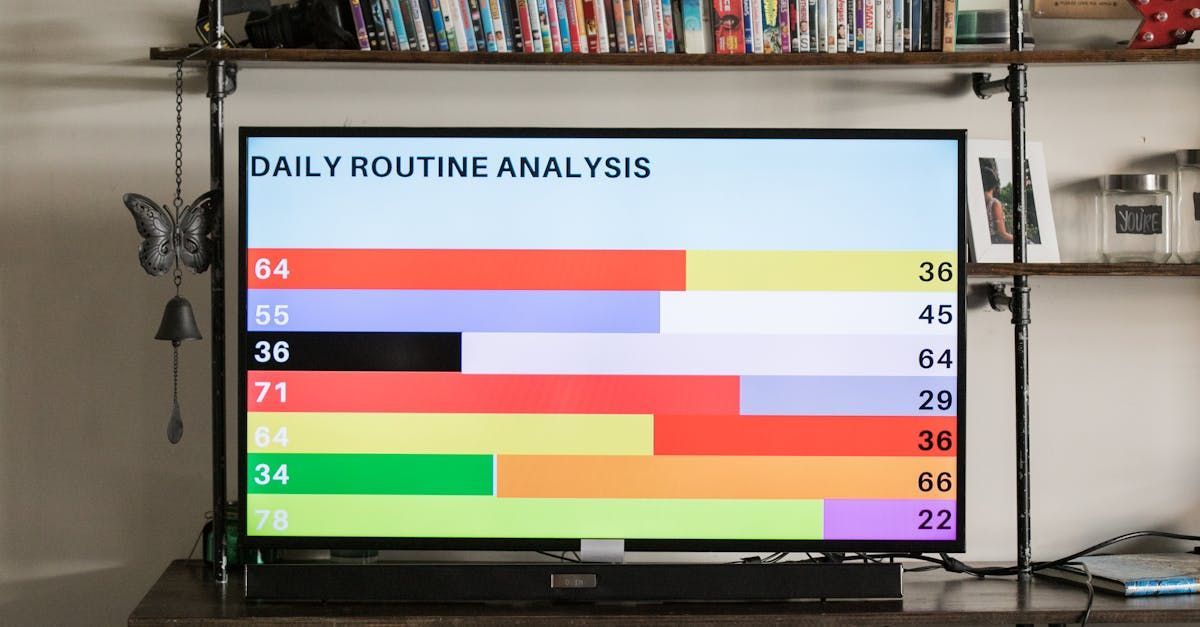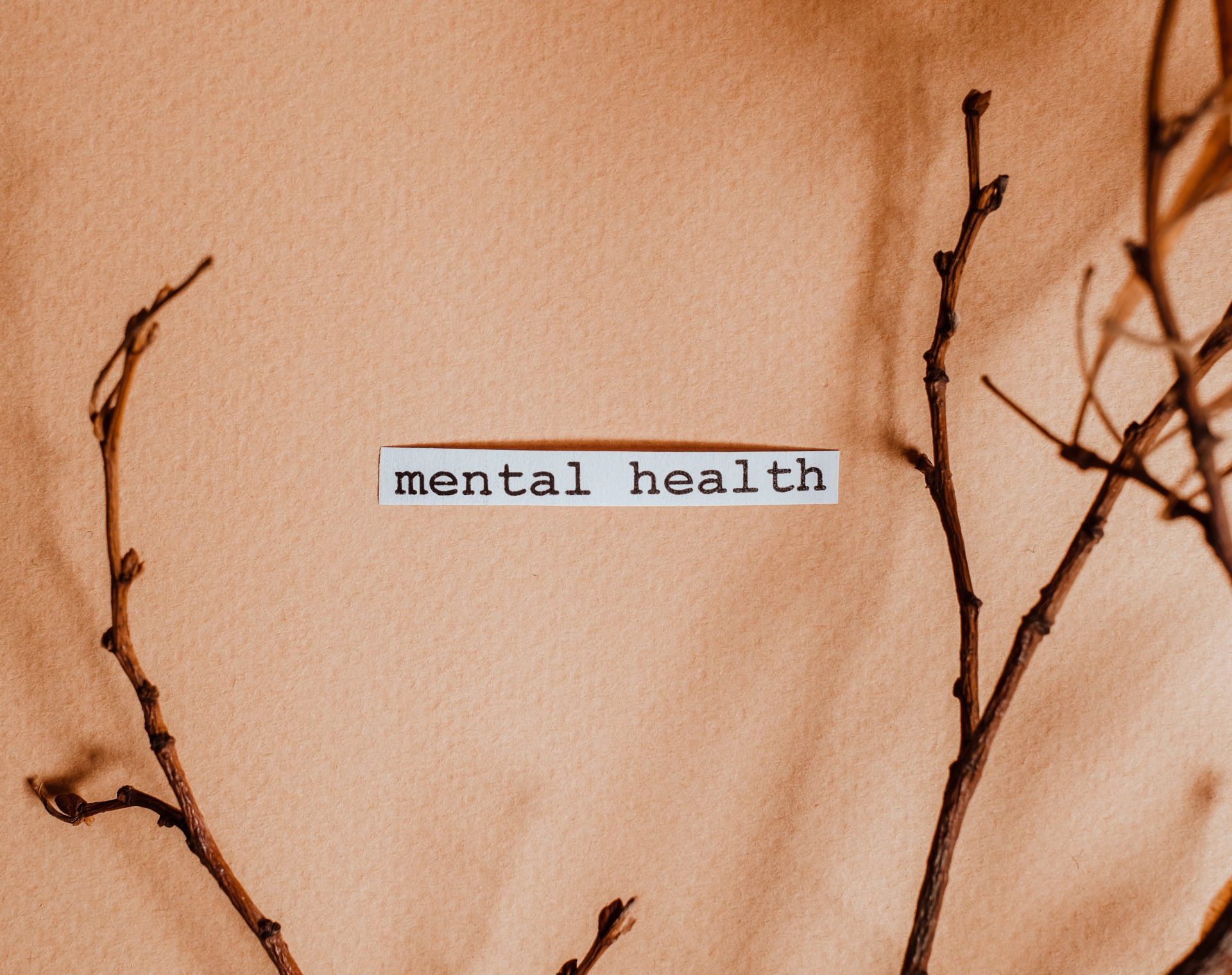Feed Your Mind: The Delicious Link Between Diet and Mental Health
Discover How Everyday Foods Can Boost Your Mood and Sharpen Your Mind

When we think about mental health, diet might not be the first thing that comes to mind. We often focus on therapy, stress management techniques, or exercise. Yet, there's a growing body of research showing a strong connection between what we eat and how we feel. The saying "you are what you eat" holds a lot of truth, especially when it comes to our mental well-being. The food we consume can significantly impact our mood, cognitive function, and overall mental health.
Conversely, when we think about diet, mental health is usually not connected. The word "diet" often conjures thoughts of restriction and weight loss rather than nourishment. Many people associate dieting with cutting out favorite foods, feeling hungry, and a relentless focus on the scale. This perspective can make the idea of eating well seem more like a chore than a source of joy and vitality.
But what if we shift our mindset from seeing diet as a series of restrictions to understanding it as a powerful tool for enhancing our overall health, including our mental health? By focusing on the quality of the foods we consume rather than merely the quantity, we can create a more positive and sustainable relationship with food. Instead of depriving ourselves, we can embrace a diet that fuels our body and mind, supporting our well-being in a holistic way.
Poor nutrition can make you feel drained, impair your decision-making, and slow down your reaction times. Diets high in refined sugars, processed foods, and unhealthy fats can lead to mental sluggishness, mood swings, and even contribute to mental health disorders like depression and anxiety. But here’s the good news: by choosing nutrient-dense foods, you can enhance brain function, boost your mood, and increase your energy levels, helping you feel more balanced and ready to tackle whatever comes your way.
When it comes to mental health, what we eat can make a big difference. Our diet can either be a powerful tool for boosting our mental well-being or a contributing factor to mental health issues. Here's a look at how our diet can shape our mental health and some foods that can boost your mood and keep your mind sharp.
Foods and Nutrients That Improve Mood and Cognitive Function
Omega-3 Fatty Acids
- Found in: Fatty fish (salmon, mackerel, sardines), flaxseeds, chia seeds, walnuts. More mainstream options include canned tuna (try to consume wild-caught), fortified eggs, soy products, Brussels sprouts, and spinach.
- Why they matter: Omega-3s are essential for brain health. They have anti-inflammatory properties that can help reduce symptoms of depression and anxiety.
Antioxidants
- Found in: Berries (blueberries, strawberries), dark chocolate, spinach, nuts. Everyday foods include apples, tomatoes, sweet potatoes, green tea, carrots, and broccoli.
- Why they matter: Antioxidants protect your brain cells from damage caused by free radicals, which can improve cognitive function and mood.
B Vitamins
- Found in: Whole grains, eggs, legumes, leafy greens. Also found in beans, lentils, chickpeas, dairy products (milk, yogurt, cheese), meat and poultry, and bananas.
- Why they matter: B vitamins, particularly B6, B12, and folate, are crucial for producing neurotransmitters like serotonin and dopamine, which regulate mood.
Vitamin D
- Found in: Sunlight exposure, fortified dairy products, fatty fish, egg yolks, fortified cereals, orange juice, and fortified plant-based milks (almond, soy, oat).
- Why it matters: Vitamin D plays a role in brain function and mood regulation. Deficiency has been linked to higher rates of depression and seasonal affective disorder (SAD).
Probiotics
- Found in: Yogurt, kefir, sauerkraut, kimchi, miso. Common everyday items include naturally fermented pickles (not made with vinegar), cottage cheese (with live and active cultures), fermented cheeses (Gouda, cheddar, Swiss, Parmesan), unfiltered apple cider vinegar, and sourdough bread made with a fermented starter.
- Why they matter: Probiotics promote a healthy gut microbiome, which is closely connected to mental health. A healthy gut can enhance mood and reduce anxiety and depression.
Magnesium
- Found in: Nuts, seeds, leafy green vegetables, whole grains. Common foods include brown rice, oats, quinoa, bananas, avocados, and dark chocolate (look for at least 70% cocoa content).
- Why it matters: Magnesium helps regulate neurotransmitters and has a calming effect on the nervous system, which can reduce stress and anxiety.
Protein
- Found in: Lean meats, fish, eggs, beans, lentils.
- Why it matters: Protein provides amino acids, the building blocks of neurotransmitters that regulate mood. Ensuring adequate protein intake can help maintain steady energy levels and mood.
Practical Tips for Incorporating Mood-Boosting Foods
- Start Your Day Right: Kick off your morning with a nutrient-packed breakfast like a smoothie with spinach, berries, and chia seeds. It’s a delicious way to fuel your brain and body.
- Smart Snacking: Swap out processed snacks for a handful of nuts or seeds. They’re packed with nutrients that keep you energized and focused.
- Fish for Dinner: Try to include fatty fish in your diet at least twice a week. It’s not only great for your brain but also delicious and versatile.
- Go Whole: Choose whole grains over refined grains. They provide sustained energy and help keep your mood stable.
- Fermented Foods: Add a serving of fermented foods like yogurt or kimchi to your meals. They support a healthy gut, which in turn supports a healthy mind.
- Sunshine and Vitamin D: Don’t forget to spend some time outdoors to soak up natural sunlight, which helps your body produce Vitamin D. This simple habit can boost your mood significantly.
Understanding the powerful connection between diet and mental health can truly change your life. By incorporating these mood-boosting foods into your daily routine, you can enhance your mental well-being and lay a strong foundation for a healthier, happier you. Small changes in your diet can lead to big improvements in how you feel and function every day.
At Howard 360, we’re passionate about the power of holistic health and our health coaches are here to support you every step of the way. Let’s nourish our minds and bodies together, one meal at a time.










